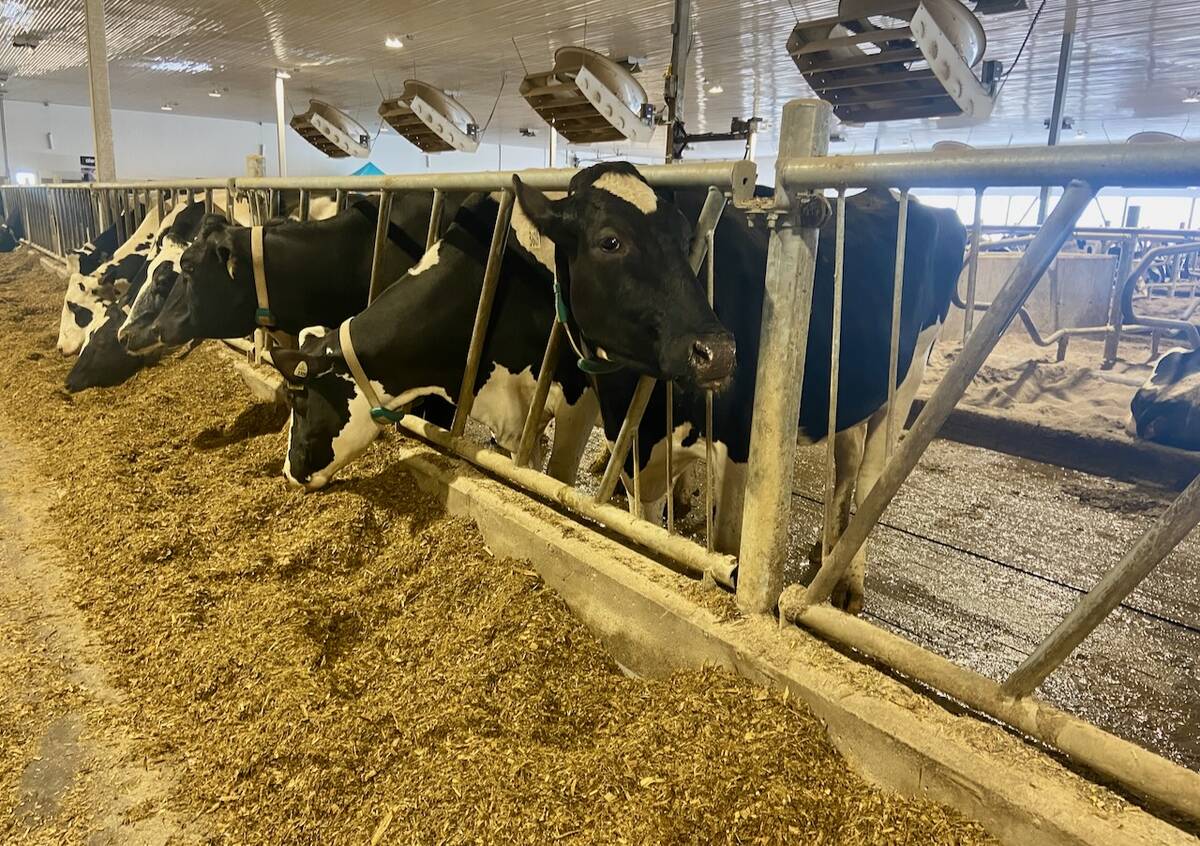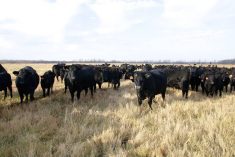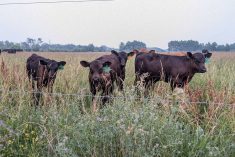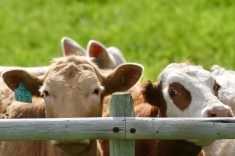INNISFAIL, Alta. – Disposing of sheep offal has become a processors’ headache because renderers don’t want to risk coming across scrapie.
Alberta rendering plants won’t accept lamb and sheep byproducts from Canada West Foods at Innisfail because of the controversy linking bovine spongiform encephalopathy, or mad cow disease, to scrapie in sheep and subsequently to the human version, Creutzfeldt Jakob disease, a terminal brain disease.
The byproducts can end up in protein supplements fed to animals. However, last month Canada banned the use of mammal parts in ruminant feed. The regulations are in line with a similar ban in the United States, as well as recommendations from the World Health Organization. The ban was designed to reduce the chances of the brain wasting disease spreading among food animals and people.
Read Also

U.S. farm group supports supply management
U.S. grassroots farm advocacy group pushing new agriculture legislation that would move towards supply management like Canada has for dairy industry
“The perception is that it is a serious problem and we have to take steps to deal with that,” said Pat Barrott, a Vulcan, Alta. lamb producer and chair of the Canadian Sheep Federation.
The situation is common throughout North America as renderers refuse to handle dead animals or byproducts they consider questionable.
“There’s absolutely no scientific reason for rendering plants in North America not to take sheep product but they are reacting to what their customers’ perceptions are,” said Will Verboven, manager of the Alberta Sheep and Wool Commission.
“If their customers don’t want sheep products in their rendering material, so be it,” said Verboven.
Unused offal products from Canada West end up in landfills.
Scrapie study
This year an Alberta study will target older, culled ewes to see if they carry scrapie, which has an incubation period of two to three years.
All cases of scrapie must be reported to Agriculture Canada and the infected animals are destroyed.
In the past 10 years there have been about 50 cases of scrapie reported in Canada.
The government, Canada West Foods, Biosphere Sciences Inc. and the Alberta Sheep and Wool Commission are also testing a technology to convert waste byproducts into environmentally friendly products.
The technology sterilizes infectious diseases in the processing system.
It is thought that BSE spread into the British cattle population when cattle were fed protein supplements derived from rendered sheep that carried scrapie.
Some officials say the rendered product was not cooked well enough to kill pathogens in the byproducts.















